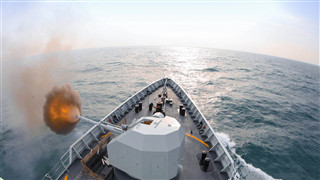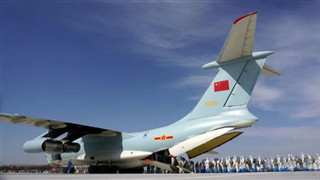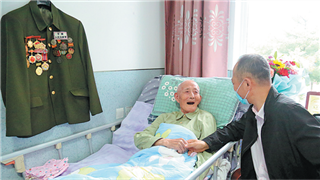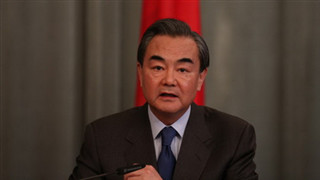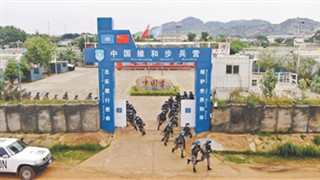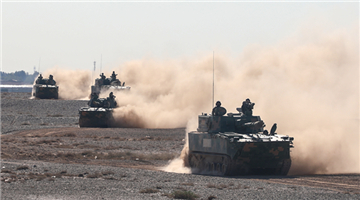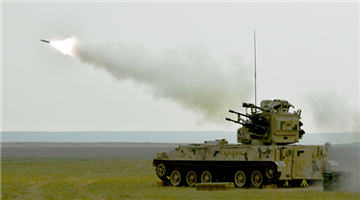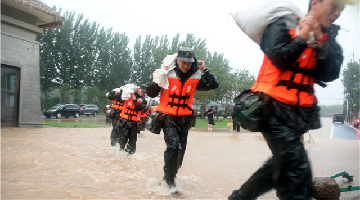Editor's note: To celebrate the 100th anniversary of the founding of the Communist Party of China, we are launching the “Outstanding CPC Members in the PLA” series, featuring the heroes and role models in the PLA who have made selfless dedication to defending the country, serving the people and building a strong military. The following is the 10th story of the series.
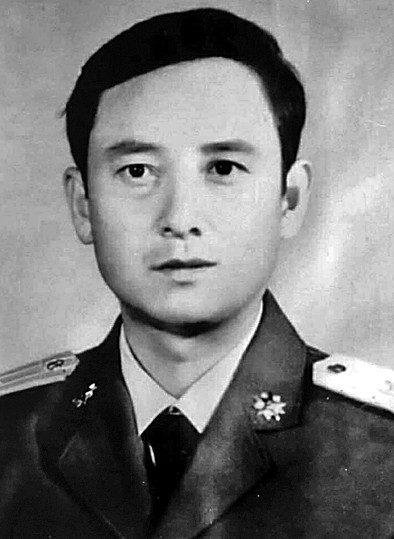
“We are successors of Su Ning in the new era. We will promote the revolutionary traditions, carry on Su Ning’s spirit, love and have faith in the Party, and stay absolutely loyal to the Party…”
April 30, 2021 was the 30th anniversary of the decease of Su Ning, one of the ten model heroes of the Chinese People’s Liberation Army (PLA) whose portraits are widely hung in the clubs, military history halls, cultural activity centers and galleries in barracks of the PLA’s company-level troop units. A brigade of the 80th Group Army under the PLA Northern Theater Command is the unit that Su Ning had served in before he passed away. On that day, troops of the brigade took a solemn oath in front of his portrait.
Su Ning was born in Nanjing, the capital city of east China’s Jiangsu province, in December 1953. He got enlisted in the army in February 1969 and joined the Communist Party of China (CPC) in March 1973.
In the spring of 1970, Su Ning’s unit was transferred to the suburb of Harbin. Some service members complained about the harsh conditions there, but not Su Ning. As a soldier, he performed best in training; as a squad leader, he took his squad to win the first place in regimental military training contest; as an officer, he was the role model of cadres in grassroots units and outstanding commanding officers… He was exemplary in every position he worked in.
Su often said that passion was the best teacher; that only when a person was passionate about a cause would he make conscientious and unreserved efforts for it.
In June 1989, Su was appointed regimental chief of staff. he incorporated his passion for research on problems in military development and defense modernization in routine training.
In the winter of 1989, his regiment launched a field training. At the camping area, he found out that the tents they had then couldn’t resist the freezing winter of Harbin, so he invented a new type of tent integrating invisibility with heat insulation to keep the soldiers warm in extremely low temperature.
From 1981 to 1991, Su Ning independently completed or participated in 162 research projects.
“When you see the commanding systems of foreign militaries are able to process tens of thousands of data in one second, which multiplies their war-commanding efficiency, whereas our commanders are still marking maps with pencil, how can a Chinese soldier not feel worried and anxious?” This question asked by Su Ning demonstrated his sense of urgency, which spurred him on to explore for China’s defense modernization drive.
With great foresight, he planned to develop a computer-aided decision-making system to assist in the firing of artilleries.
“Computer was not popular then, but he wanted to develop automatic commanding of artillery firing,” recalled Wang Qi, Su Ning’s comrade-in-arms and former deputy commander of the PLA Garrison in Harbin. “We were surprised by his bold idea.”
Su Ning’s proposal, which seemed an impossible mission at the time, was brought into reality based on unremitting efforts day and night. Later, he worked together with professors from the Harbin Institute of Technology to develop a laser velocity measurement system to measure the initial velocity of cannonballs.
Just when Su Ning was marching ahead on the road of making more contributions to defense modernization, a tragic accident happened.
On the morning of April 21, 1991, Su was instructing a grenade-throwing training involving companies of his regiment. A soldier threw the grenade so hard that it hit the rear edge of the trench and fell less than one meter away from an officer who was acting as the training safety supervisor, smoking and about to explode any minute.
Seeing this, Su shouted “get down”, rushed to push the supervisor away, and grabbed the grenade, trying to throw it out of the trench, but it exploded exactly at that moment.
His two comrades-in-arms had a narrow escape, but Su was severely wounded, and died eight days later despite intensive treatment, only 38 years old at the time. Five days after he was gone, a scientific research project he led was announced successful.
On February 19, 1993, the Central Military Commission (CMC) conferred Su Ning the honorary title of “Model Cadre Dedicated to Defense Modernization”. Since 1996, approved by the CMC, portraits of ten model heroes of the Chinese People’s Liberation Army (PLA) have been widely hung in the clubs, military history halls, cultural activity centers and galleries in barracks of the PLA’s troop units at and above company-level, Su Ning is one of them.
